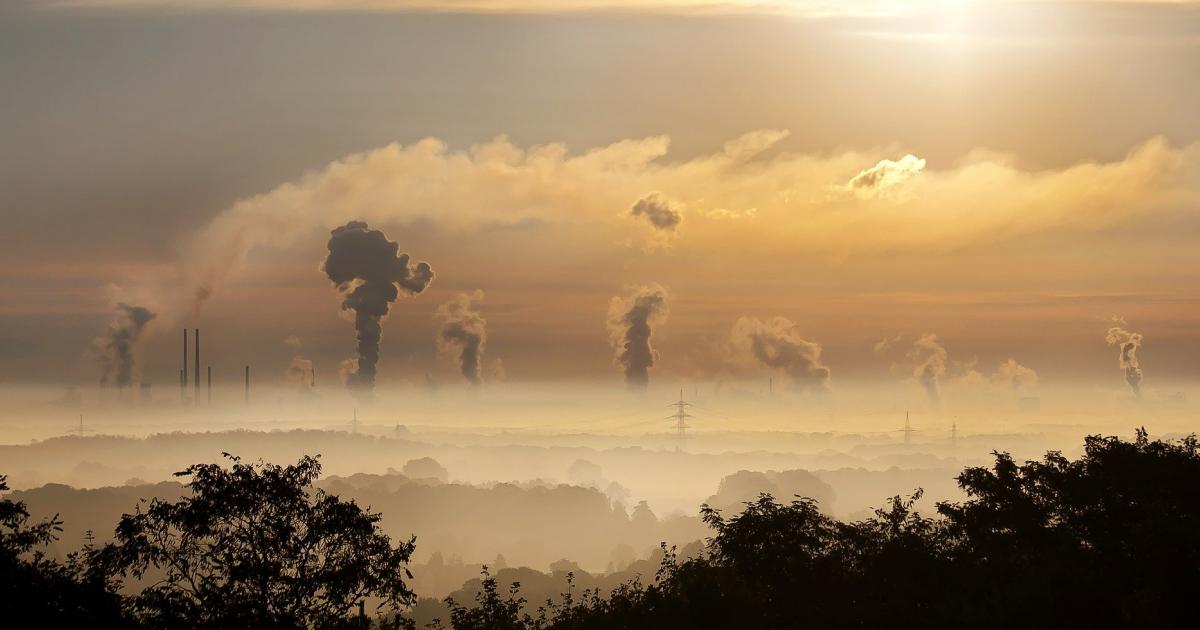Lex Kiefhaber, CEO, the founder and co-host of the “Who’s Saving The Planet?” podcast, spoke at the Benzinga Cleantech Small Cap Conference on Thursday.
Kiefhaber discussed carbon offsets and why investors should care about the carbon footprint of their portfolios.
Defining Carbon Neutrality: One of the difficult things for investors to understand is what it actually means when a company announces it will go carbon-neutral, Keifhaber said.
He said there are three scopes of carbon footprints for companies.
The first scope is the carbon creation that the companies are directly responsible for by burning fossil fuels or other carbon-positive activities.
“If you have a fleet of trucks, those trucks are driving around and if they are burning gas, then you are responsible for it,” Kiefhaber said.
The second way to look at a company’s carbon footprint is energy consumption, he said.
“How much energy did you buy in order to conduct the process you’re thinking about doing? Have you paid a utility company or a steam company in order to provide the energy you need in order to do your business?” he said.
The third way to look at carbon footprint is the most difficult to measure, Keifhaber said: all the other types of emissions that come from the activities a business performs.
“Do your employees drive to work? Are the products you’re creating being used in a way that is creating carbon emissions?” he said.
Kiefhaber said Boundless Impact and Climate Neutral are just two of many companies and organizations that specialize in assessing a company’s true carbon footprint.
“There are a lot of resources to say who is taking this seriously and who is actually making a substantive effort, as opposed to a performative one, to change the way they’re doing business.”
Investing In Carbon: Kiefhaber said there isn’t an active derivatives market in carbon like there is for commodities like soybeans.
“What it means is that it’s really hard to invest in the underlying asset. It’s hard to invest in the idea of the carbon itself,” he told the Benzinga conference.
Yet experts say the carbon offset market is in the early stages of massive long-term growth, and Kiefhaber said there are plenty of opportunities for investors to capitalize.
“What they’re looking to invest in are companies that are going to be well-situated for the future when that carbon is more valuable and more transparent. And that’s where a SPAC comes in,” he said.
Kiefhaber said investors can look for SPACs that will be investing in companies that will benefit from the carbon future over time.
(C) 2021 Benzinga.com. Benzinga does not provide investment advice. All rights reserved.





